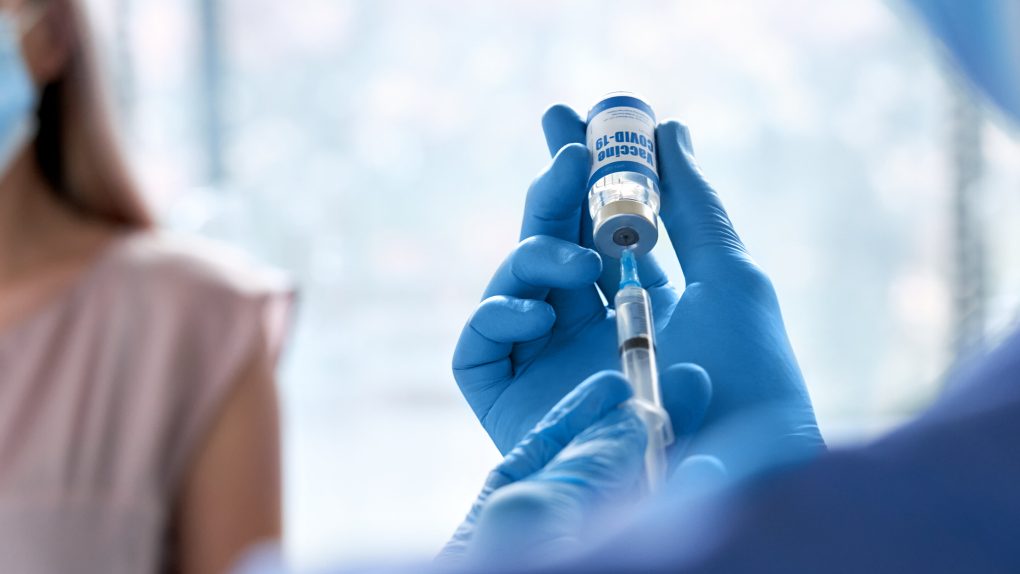Nearly 329 million coronavirus vaccine doses have been administered so far. The vast majority of them have been used since mid-December, when several vaccine candidates were authorized for emergency use in the US, Canada, the European Union, Israel, and various other countries. But that’s still not enough to beat the pandemic. Billions of people will need to be vaccinated worldwide to reduce the threat significantly. That goal might be years away, considering that only the world’s richest countries can currently afford vaccines right now. Developing nations still don’t have access to the drugs, and the coronavirus might continue to thrive and develop new mutants in those regions. Because of international travel, that means the pandemic cannot truly end until those nations have access to vaccines.
While vaccine supply is increasing significantly from month to month and new candidates receive emergency us authorizations, there’s one other issue with COVID-19 immunization that impacts availability. Aside from the Johnson & Johnson drug, all the other vaccines require a two-dose regimen to deliver the best possible protection. But researchers who are studying the immune response in vaccinated people have found a way to save additional doses. People who have already survived COVID-19 develop a strong immune response after a single mRNA vaccine dose, and it’s comparable to the full two-shot regimen for people who were never infected with the novel coronavirus.
In February, four separate studies concluded that patients who already survived COVID-19 and who qualify for immunization developed high antibody levels that matched or surpassed the immune response in vaccine recipients who had not been infected before the vaccine. Now, a new letter published in The New England Journal of Medicine highlights the same observations about mRNA vaccines. Researchers involved in the PARIS (Protection Associated with Rapid Immunity to SARS-CoV-2) study took advantage of the data at hand to “provide a limited snapshot of the antibody responses in 110 study participants with or without documented preexisting SARS-CoV-2 immunity.”
Whether it’s the Pfizer/BioNTech drug or the Moderna vaccine, they elicit a potent immune response in COVID-19 survivors.
The researchers who penned the letter checked the level of antibodies in study participants before the vaccine. They then measured antibodies at various intervals after the first jab and after the second. The researchers found that the people who had antibodies before the vaccine (seropositive) developed an immediate immune response compared to those who did not have antibodies (seronegative) before the first shot.
Seronegative participants had “variable and relatively low SARS-CoV-2 IgG” antibody responses. The antibodies’ levels increased steadily for the seronegative, but they were nowhere near the levels of antibodies in COVID-19 survivors. “Participants with SARS-CoV-2 antibodies at baseline before the first vaccine injection rapidly developed uniform, high antibody titers within days after vaccination,” the researchers wrote.
The second dose brought a boost in antibodies for the seronegative group compared to the seropositive group.
“The antibody titers of vaccinees with preexisting immunity were 10 to 45 times as high as those of vaccinees without preexisting immunity at the same time points after the first vaccine dose (e.g., 25 times as high at 13 to 16 days) and also exceeded the median antibody titers measured in participants without preexisting immunity after the second vaccine dose by more than a factor of 6,” the researchers wrote. “Although the antibody titers of the vaccinees without preexisting immunity increased by a factor of 3 after the second vaccine dose, no increase in antibody titers was observed in the COVID-19 survivors who received the second vaccine dose.”
The researchers also analyzed the adverse reactions to vaccination. They found that neither vaccine had any side effects that might require hospitalization. Both seronegative and seropositive patients experienced side effects after the first dose, but they were more prevalent in the COVID-19 survivor group. “Vaccine recipients with preexisting immunity had systemic side effects at higher frequencies than those without preexisting immunity (fatigue, headache, chills, muscle pain, fever, and joint pain, in order of decreasing frequency),” the authors wrote. That’s in addition to the expected injection-site reactions (pain, swelling, and erythema), which occurred at an equal frequency between the groups.
These findings suggest that COVID-19 survivors could mount the same or better immune responses after one vaccine dose as people with no preexisting immunity who get both doses. But the researchers say that more work is needed to determine whether a single dose of mRNA vaccine can provide effective and long-lasting protection to covid survivors.
“We found that a single dose of mRNA vaccine elicited rapid immune responses in seropositive participants, with postvaccination antibody titers that were similar to or exceeded titers found in seronegative participants who received two vaccinations,” the researchers said. “Whether a single dose of mRNA vaccine provides effective protection in seropositive persons requires investigation.”
The full letter is available at this link.








